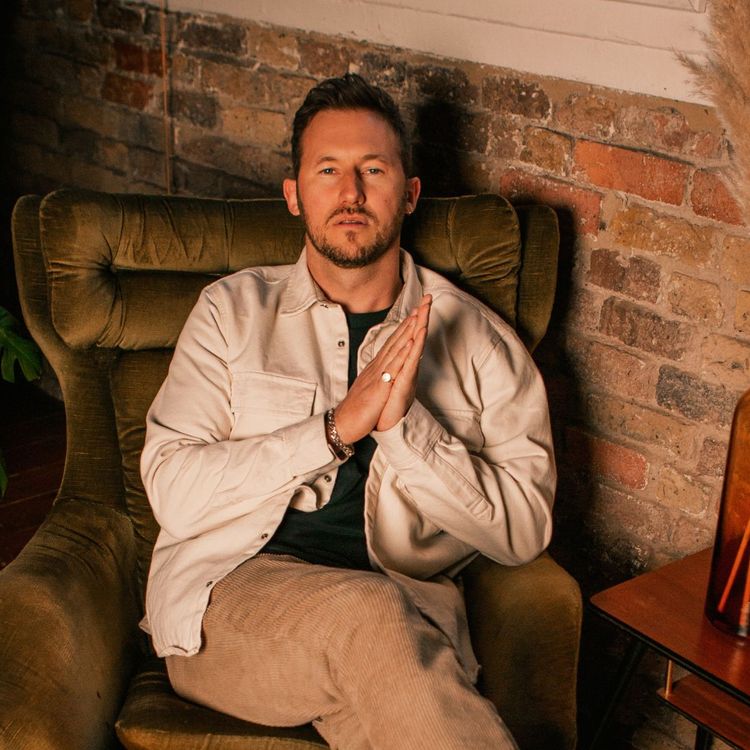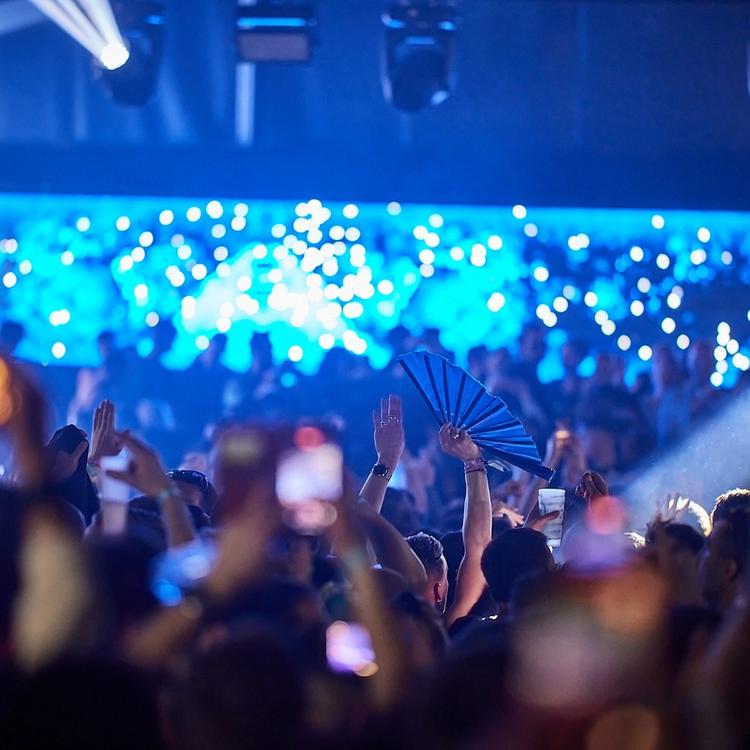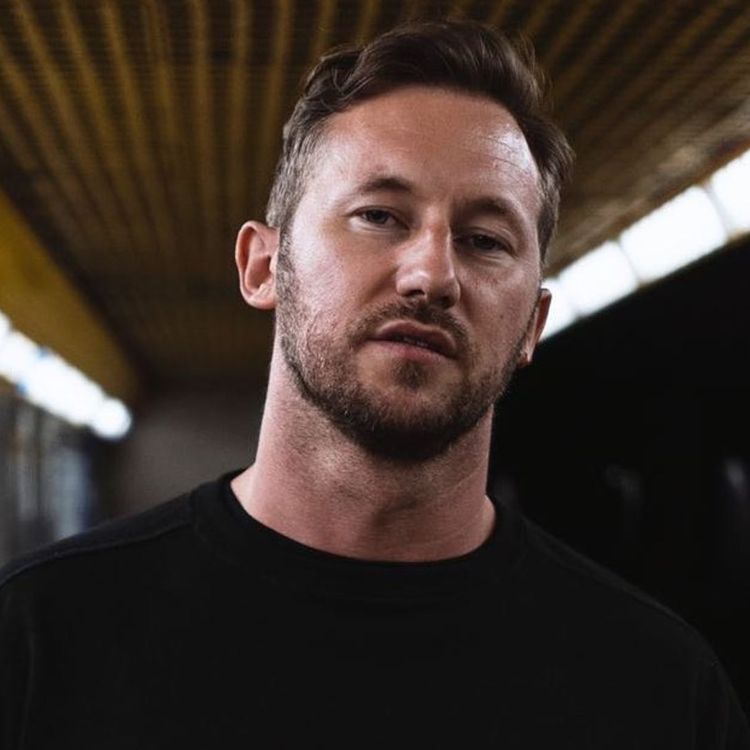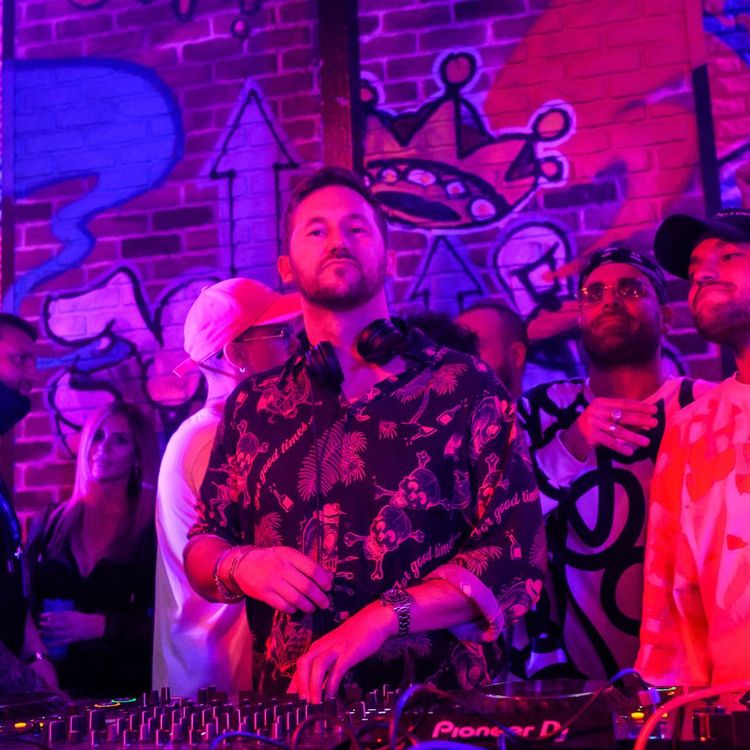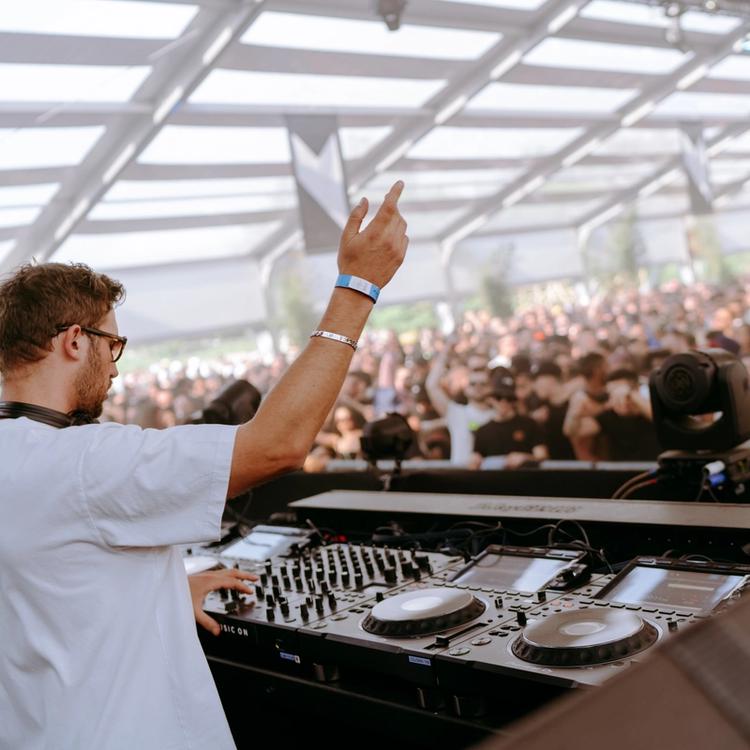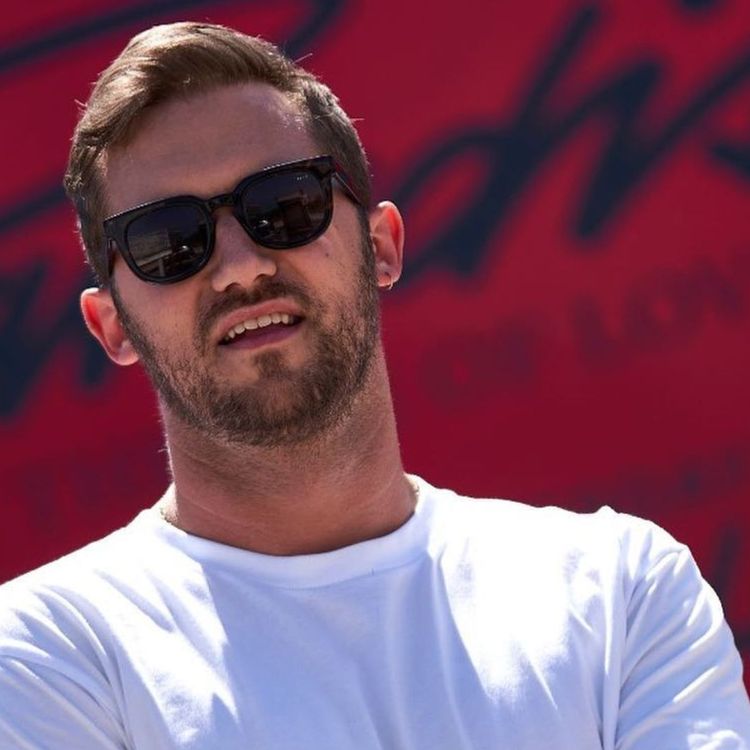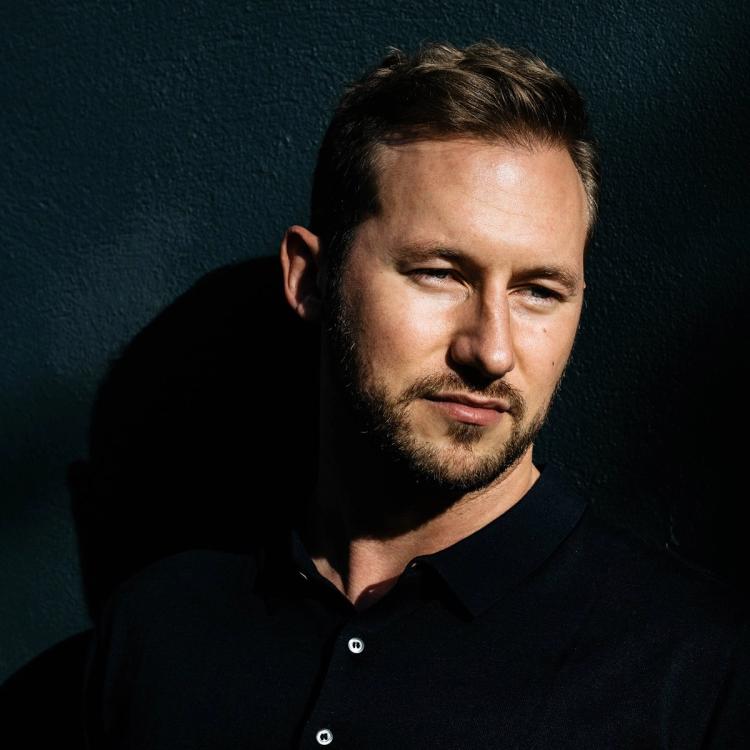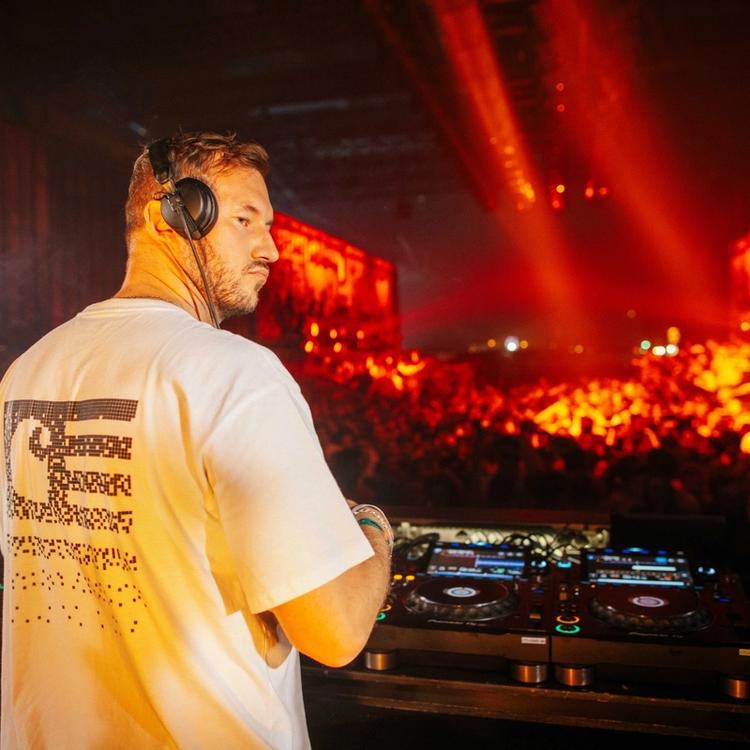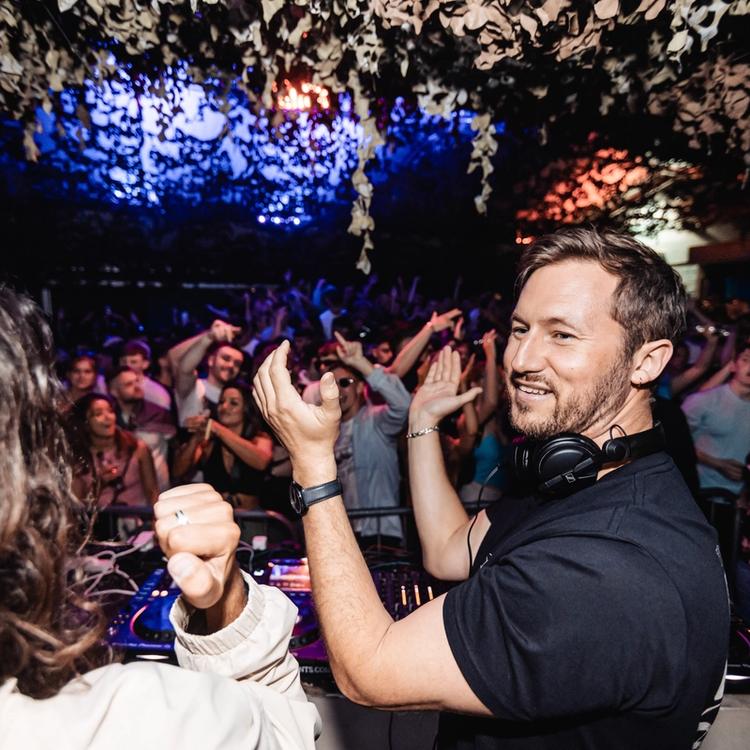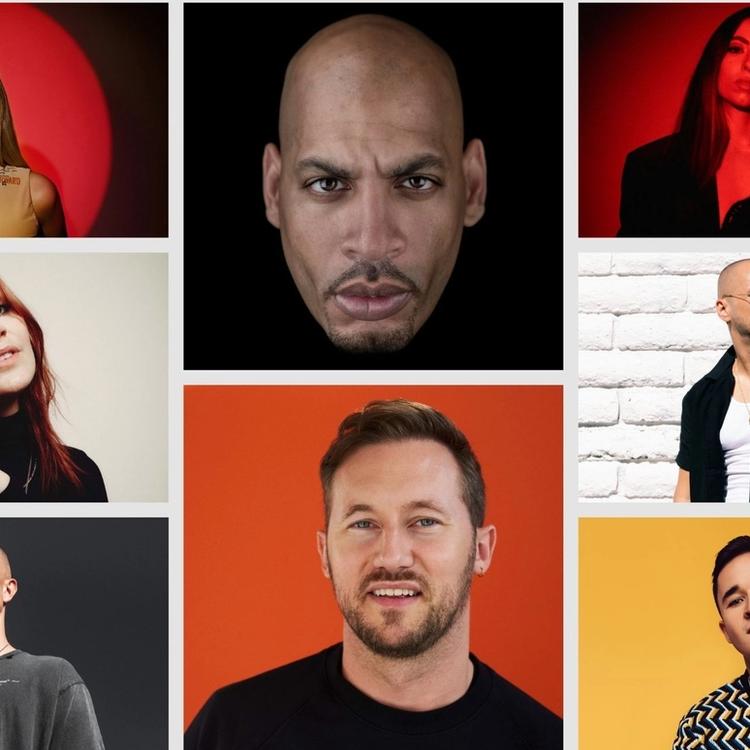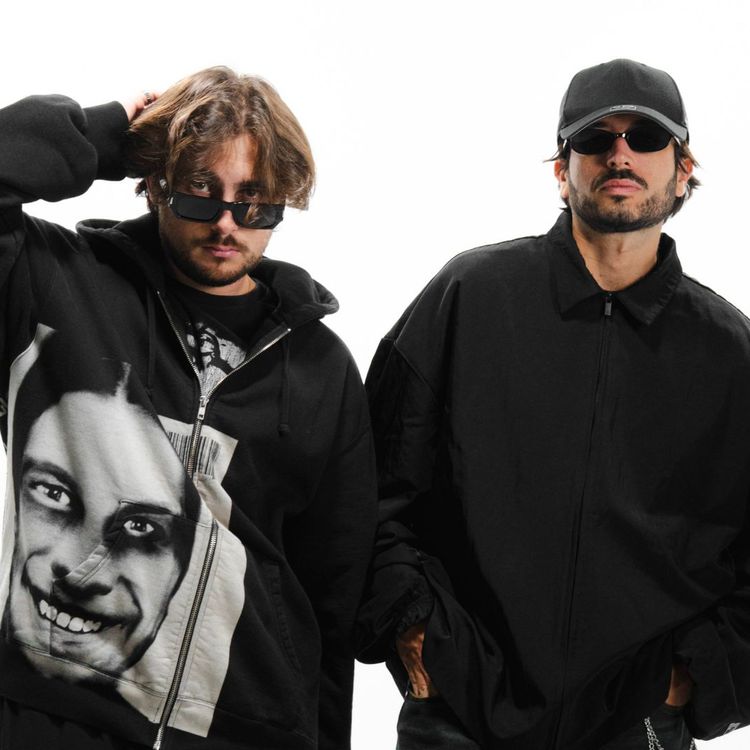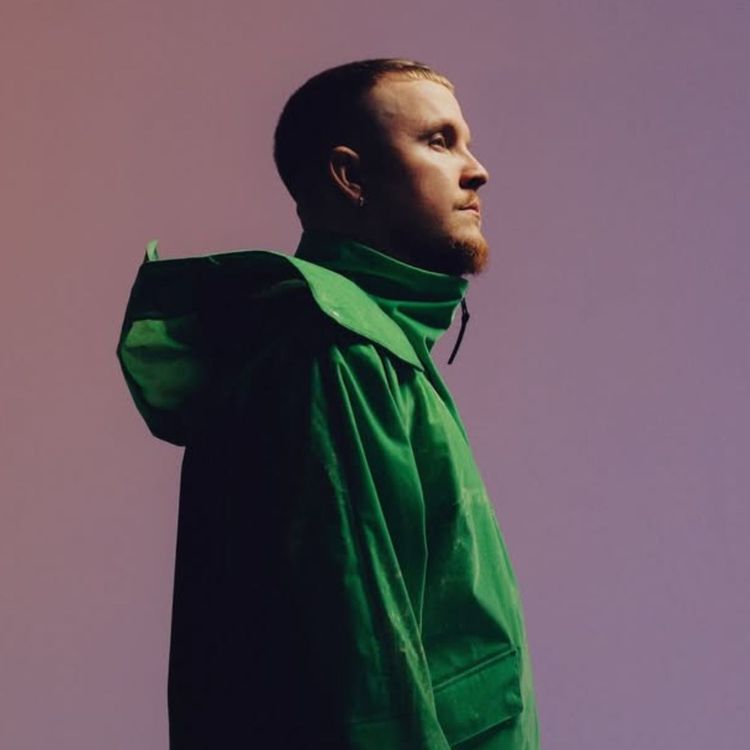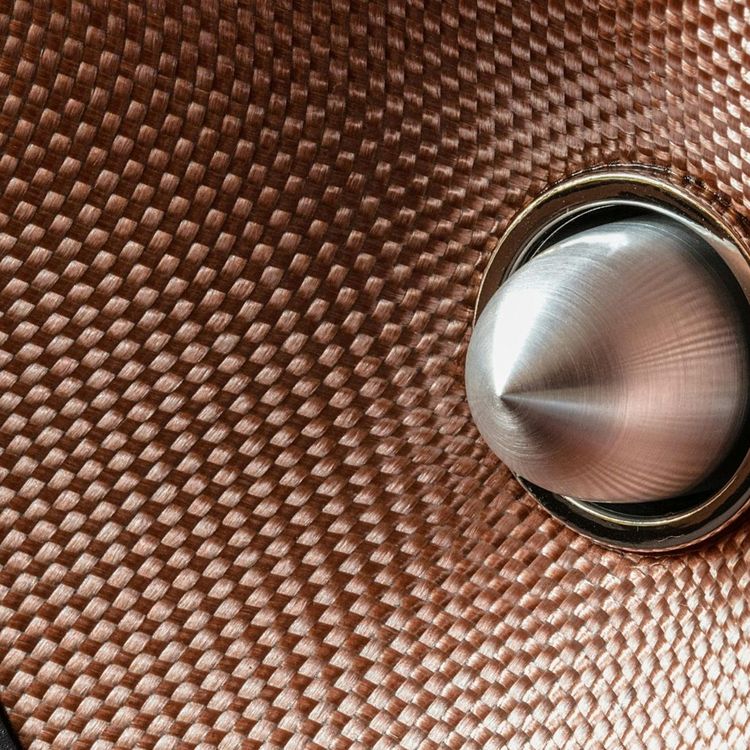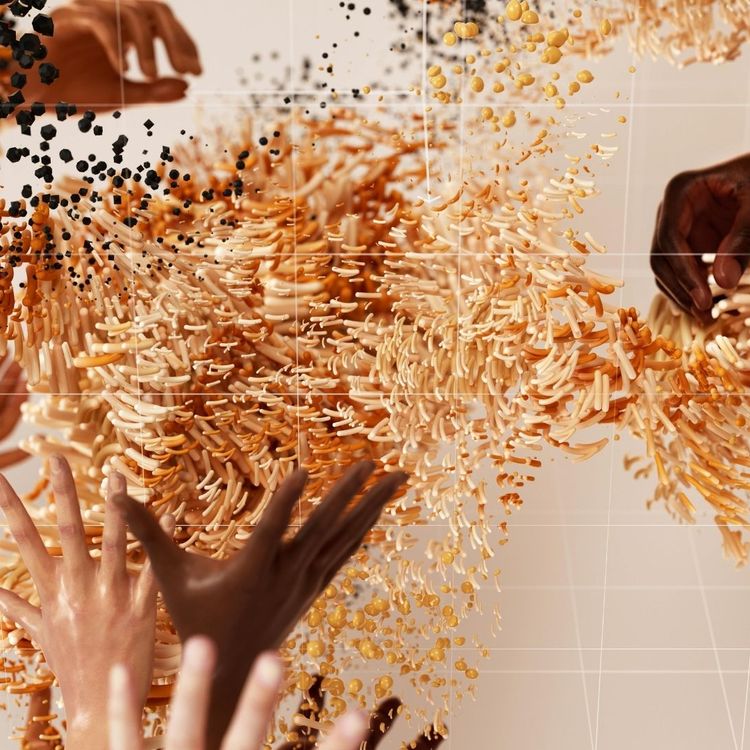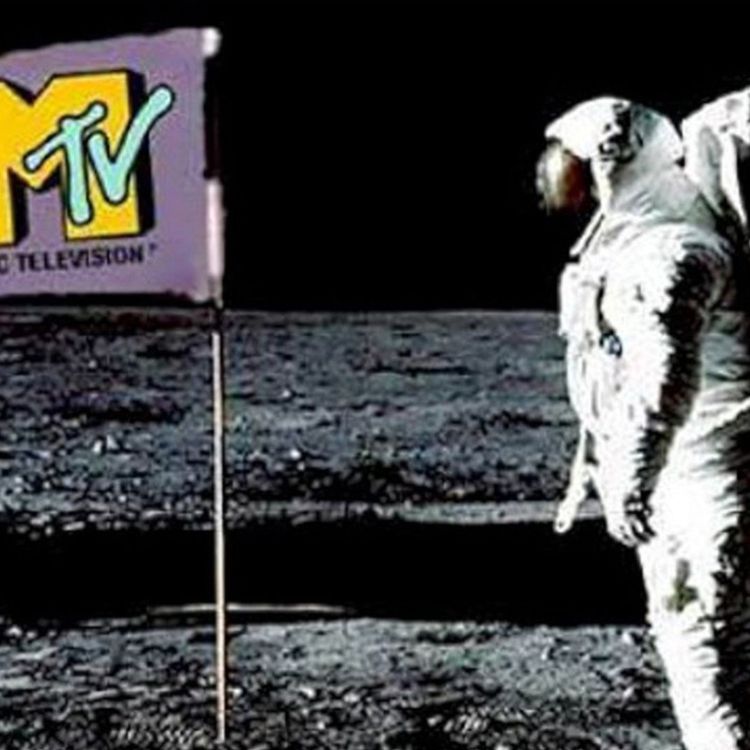From Childhood Raves to Global Grooves: An Inspiring Journey of Archie Hamilton
Ahead of his exclusive 3-hour set coming up in June on the rooftop of Superior Ingredients NYC, we sat down with London based DJ/Producer Archie Hamilton to delve a little deeper into his musical influences, pivotal career moments, and the future of dance music.

How did your passion for dance music begin, and what were your earliest influences in the genre?
My mum and aunt were ravers in the 80s and 90s, so I used to go to a few free parties, raves, and festivals as a kid. I was into the culture from a young age and used to hear a lot of acid house and jungle from my mum’s tape packs she’d play in the car. Then I got more into UK Brit pop and rock like Oasis and Blur in my early teens—probably trying to be rebellious! Then when films like Blade and The Matrix came out, I got right back into electronic music.
Can you share a pivotal moment in your life or career that significantly shaped your sound and artistic direction?
There have been a few for sure, but the one that always sticks in my mind was being at fabric room 1 at 6 am and hearing Octave One “Blackwater.” I remember thinking there was nothing else on earth I wanted to do other than play music like that.
What is your creative process like when producing a new track, and how do you stay inspired?
I get inspired when I hear other great music, so I would say that referencing is a really important part of the process for me. It could be any genre, instrument, or vocal—that always seems to be my starting point. From there, I generally let tracks take on a life of their own (within reason). So, they often start in one style and end up in another.
How have your personal growth and experiences influenced the evolution of your music over time?
My experiences have really shaped my music. I have been lucky enough to have traveled to so many places that have really informed my style. And I like to play all kinds of styles, so I enjoy switching things up for different crowds. With regards to the studio, I guess you could say the same, although the common denominator always has to be the groove. Artistic evolution is important, and I have been lucky that mine was well received.
What challenges have you faced in the music industry, and how have you overcome them to build a successful career?
I find it tough to stay on top of the marketing side of things. It’s not something that comes naturally to me; some artists are amazing at it. I wish I could just make and play music, but fans want more than that. And I get it. I like knowing about artists’ stories too!
Can you tell us about a memorable collaboration or project that pushed your artistic boundaries and had a lasting impact on your work?
My new record on Defected is something really different for me. It’s a classic vocal house record which I have always wanted to make. The moment I heard HQA’s voice, I knew exactly what I wanted to do, and I am so happy with how it turned out. The vocal she delivered was so amazing that I felt like I had to do more than just the original version, so I chopped it up and made the dub which is a more stripped-back garage rework.
What role do you think dance music plays in connecting people and fostering a sense of community?
It’s been incredible for me personally. I would say that 90% of my closest friends are people I know from clubbing. I think we’re all lost souls, and we find each other and connect through music. It’s especially important in this day and age. The world is a pretty scary place right now, and we need community.
What advice would you give aspiring dance music artists looking to make a name for themselves in the industry?
Just be yourself in every sense. Authenticity is so important. If people don’t like you or your music, so be it. And I would also say be kind to everyone you come across. From the driver to the promoter to the glass collector, you never know what they may end up doing in years to come!
How do you envision the future of dance music, and what trends or innovations do you think will shape the genre in the coming years?
I think AI is going to change everything! It will make music production accessible to anyone. It may also mean that less people will actually learn music theory or production because they won’t need to, which would mean that more music would be written by algorithms and less by actual humans. It’s going to be interesting, for sure.


